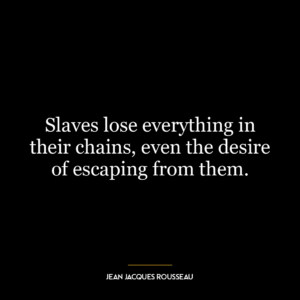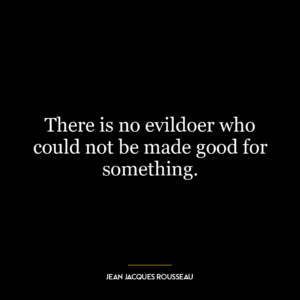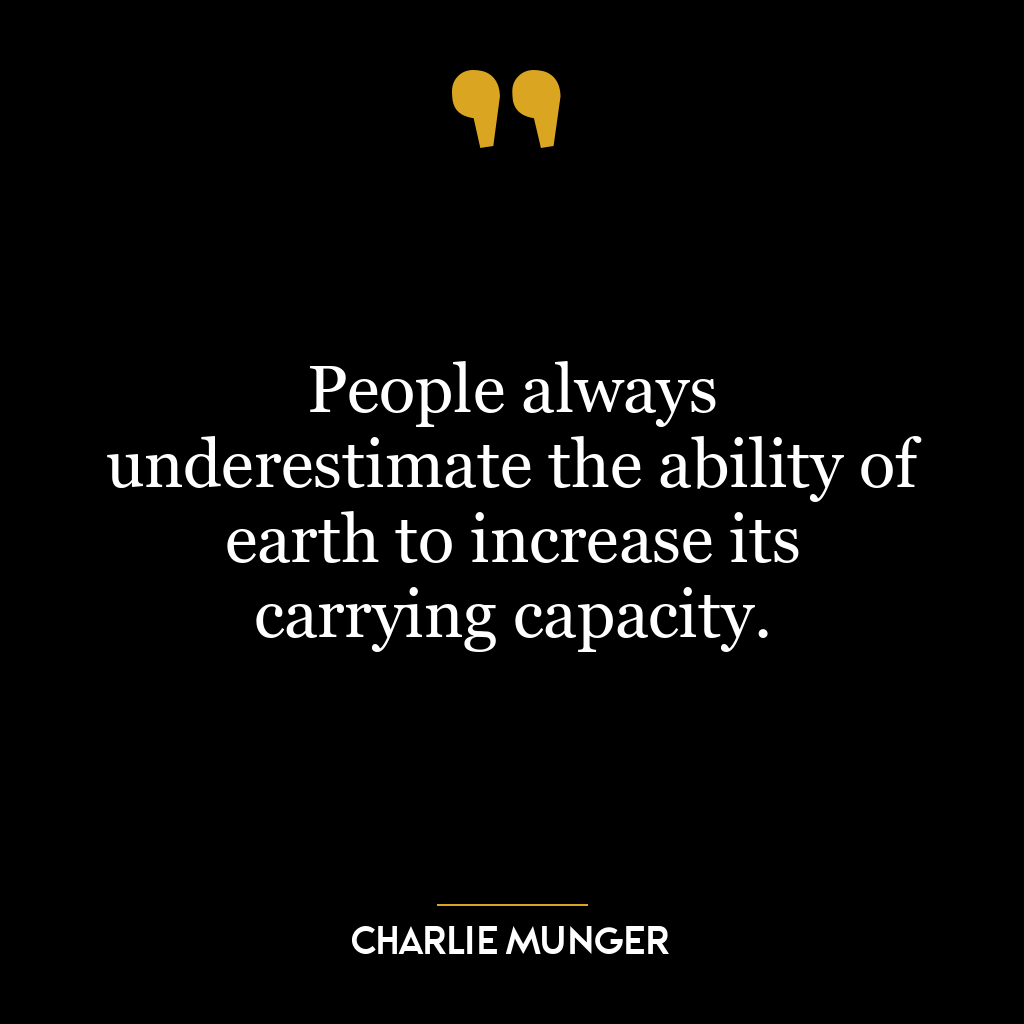This quote suggests that humans are inherently equipped to bear the unavoidable circumstances that life throws at them, which are often referred to as the “decrees of fate.” It’s in our nature to accept and endure life’s unpredictable events, whether they’re good or bad, because we understand that these are beyond our control. However, when it comes to the ill-will of others, it’s a different story. The negativity, hostility, or harm that comes from others is harder for us to tolerate because it’s a direct result of someone’s conscious choice to act against us.
This idea has a profound implication on how we perceive and react to challenges. It suggests that we might be more resilient than we think when it comes to dealing with life’s ups and downs, but we need to cultivate the same patience and endurance when dealing with people who may not have our best interests at heart.
In today’s world, this idea can be applied in various contexts. For instance, in the workplace, it’s common to encounter challenges that are beyond our control, such as market fluctuations, changes in management, or even global crises. But when it comes to dealing with a difficult colleague or a hostile boss, it can be much harder to maintain composure and patience.
In terms of personal development, this quote can inspire us to work on our emotional resilience and interpersonal skills. It encourages us to develop a thicker skin when dealing with negative people and to not let their ill-will impact our peace of mind. It also reminds us to focus on what we can control, and to accept what we cannot – a fundamental principle of stoicism and many mindfulness practices.















